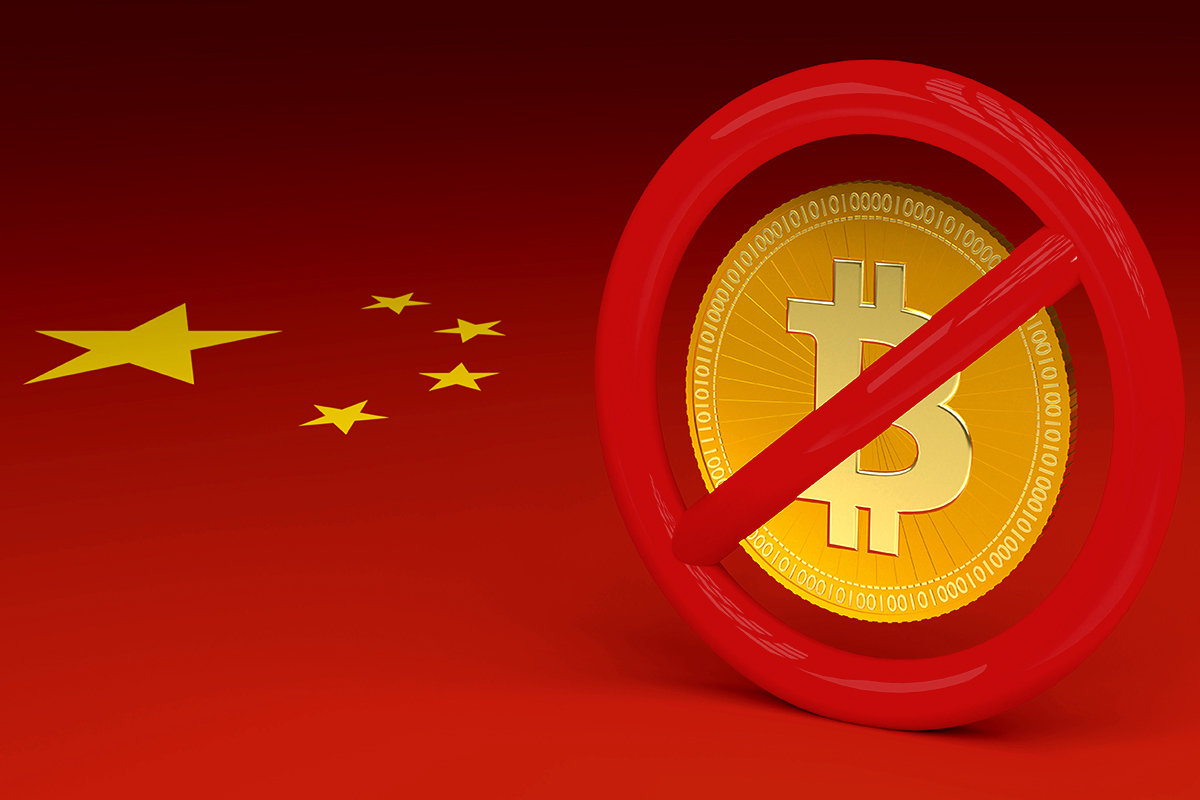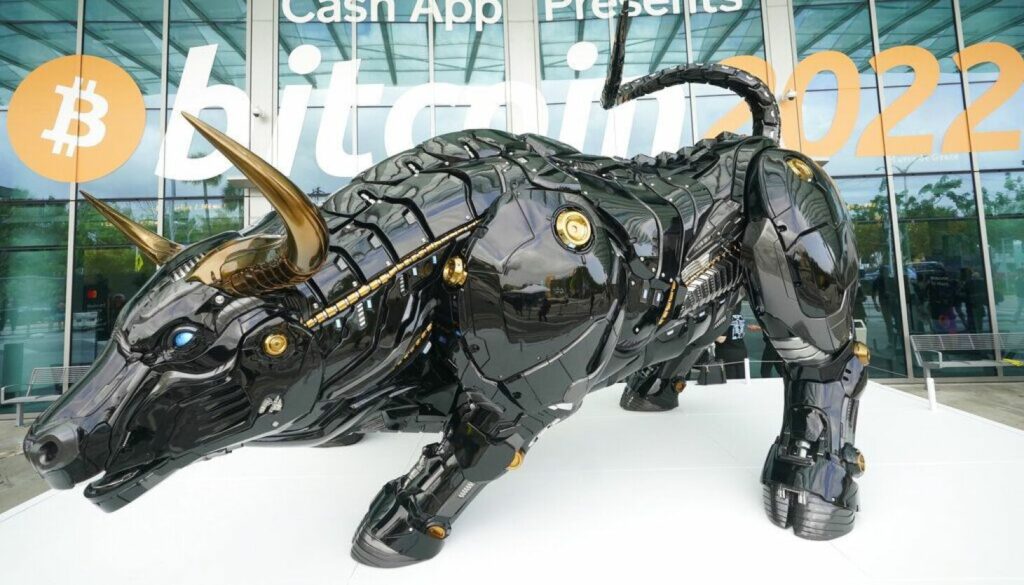Cryptocurrency
The primary aim of financial regulation is to support financial stability, transparency, protection for consumers and investors and a level playing field for different market participants. what are the most expensive concert tickets Future regulation should support the criteria outlined in this paper and summarized in the table below:
The main difference between a central bank digital currency and a cryptocurrency is that a CBDC is – as its name implies – issued by a central bank. This means it is also a “direct liability” of the central bank, as the World Economic Forum’s Digital Currency Governance Consortium White Paper Series points out.
By mid September, US President Donald Trump announced tariffs on $250 billion worth of Chinese imports, while threatening a further $267 billion-worth. In 2017 China exported $505.5 billion in goods and services to the US, versus $130 billion from the US to China. China has vowed to retaliate with counter-tariffs. But as the smaller importer, China will need to go beyond its trade ammunition. One strategic move China could make is to release its dark horse: a digitalized renminbi (RMB).

Future of cryptocurrency
This can be seen with the launch of Ethereum 2.0 and the move from a proof of work (PoW) consensus to a proof of stake model (PoS). PoW refers to the decentralized system that powers the Bitcoin network, with the model requiring huge amounts of energy to validate transactions and mint new tokens. But PoS allows miners to mine and validate block transactions based on the amount of coins that they hold.
The use of credit cards has dramatically increased in recent years. VISA and MasterCard have a share of more than 80% of the global credit card market, and this situation can be viewed as a regular oligopoly (feel free to disagree). However, a new and more comprehensive system is rapidly developing: mobile payment solutions. New technologies are providing new ways to make payments and transfer money via mobile phones, apps, Bluetooth solutions, and so on.
The indication is that traditional banknotes, currencies and transactions will one day disappear. It is merely a matter of time, because it is not supported by the younger generations. Currencies and physical money will die out together with their current fan base.

This can be seen with the launch of Ethereum 2.0 and the move from a proof of work (PoW) consensus to a proof of stake model (PoS). PoW refers to the decentralized system that powers the Bitcoin network, with the model requiring huge amounts of energy to validate transactions and mint new tokens. But PoS allows miners to mine and validate block transactions based on the amount of coins that they hold.
The use of credit cards has dramatically increased in recent years. VISA and MasterCard have a share of more than 80% of the global credit card market, and this situation can be viewed as a regular oligopoly (feel free to disagree). However, a new and more comprehensive system is rapidly developing: mobile payment solutions. New technologies are providing new ways to make payments and transfer money via mobile phones, apps, Bluetooth solutions, and so on.
Cryptocurrency mining
You get paid continuously. For the automated Cudo Miner, all revenues generated will be held in your Cudo wallet until you choose to withdraw the balance and move into your own Bitcoin or Altcoin wallet. Transactions are subject to minimum transfer amounts based on your chosen payment coin. These amounts are listed here.
The multi-miner technology automatically switches its mining process between coins based on the real-time profitability of the coin, maximising returns. Your optimised earnings are then automatically converted to the coin you’ve selected.
Antivirus software will typically flag up any unrecognised applications, so with Cudo Miner being new to the market you needn’t be alarmed by this. You will need to accept the message and the software will be allowed to continue the installation.